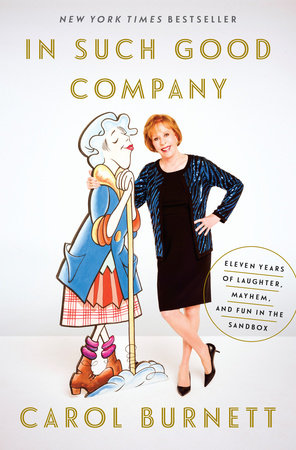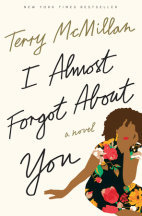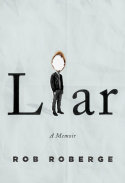Last night, my daughter and I had the privilege of hearing Michael Kraus speak about his childhood spent in concentration camps. He's written a book about it, re-creating the diaries he kept while he was held in Terezin, then Auschwitz and Birkenau. His diaries were taken and undoubtedly destroyed, but once the Americans liberated him in 1945, he traveled back to his hometown in the Czech Republic and wrote them all again. He was fifteen.
We've heard other survivors speak about their experiences. Most famously, Elie Wiesel. But Michael Kraus spoke candidly about the conditions and horrors he lived through and shared with us some insights that most of us probably never thought about.
He talked first about how gradual things were. The Jews near Prague were slowly sent to the Terezin Ghetto.
I visited there last year and was disturbed to learn that it was used as a model camp to fool the world into thinking that the conditions they were keeping the Jews in were humane.
Kraus, of course, said that the conditions there were much more bearable than when his family was sent to Auschwitz and I remembered hearing at Terezin that they kept the Jews so isolated and unaware of what was happening that once they started deporting people to the extermination camps, they were able to do so easily by promising them they could stay together with their families. So many of the prisoners there volunteered. Kraus' family was one that traveled to Auschwitz together, but then were segregated by sex once they arrived. He was glad to be with his father, but his father died not long after their arrival. He says it was the thought of his mother that kept him going. He knew she'd been deported to another camp and when he thought he couldn't bear any more, he thought about his mother and how devastated she would be if she learned he had perished. Sadly, his mother died in a camp in December 1944.
Kraus shared some insights that were news to us. He said in the beginning at Auschwitz, the Germans had the families write and postdate postcards to people they knew, saying that they were fine and conditions were good. I had not heard this part of their scheme, but easily believed it. Kraus' family was also spared being inspected/examined by Dr. Mengele by pure luck. That's what Kraus credits most of his survival to: pure luck.
Toward the end of the war, he and others were marched 80km out into a forest that was completely shaded from view as British and American planes flew overhead. The forest was muddy and they were emaciated. He felt that the Nazis had taken them there to leave them to die and break any association with them. That is where he was rescued by Americans and taken to a military hospital in Germany.
Some of the things that he shared about his experience after the war were the most interesting to me because they are things that we might not give much thought to.
First of all, he had to walk back to his hometown near Prague. He says it was not as laborious a walk since he was now free, but until July, it all seemed to be very much a war state. However, people shared food with him as he made his way back and he was taken in by a family friend who was the sole survivor of his family. Kraus returned to school even though he'd only had a 4th grade education by that time. He believes the schools turned a blind eye as these survivors returned to school. They clearly hadn't the formal education to enter at that stage, but they allowed them to continue their education. The remarkable part to me is that Kraus said no one ever spoke about it. He was still very isolated from society. Other students knew what he'd been through, but couldn't relate. They didn't know exactly what conditions he'd survived and they didn't talk about it, or recognize that it had happened to him. No one really talked to him at all. Partly due to language barriers, but partly because no one ever spoke of it.
Including Kraus. He married an Israeli woman and they had two children. He never spoke of his Holocaust experiences with them. His wife is the one who told them what he'd been through. He just suffered through the horror of those war years and then went on with his life as if it hadn't happened. I can't imagine what that was like. I can understand not wanting to talk about it or relive it, but it also seems almost impossible not to; to go on as if it had never happened.
But then, a decade ago, a woman in the Czech Republic learned of his diaries and persuaded him to publish. They worked on it together and he now speaks publicly on occasion. He is very matter-of-fact when he speaks, but also very honest about the atrocities he witnessed and survived.
How lucky we were to hear his story firsthand. How brave he was to tell it. It's a piece of history that many of us may never make sense of, but it's important we bear witness to these incredibly strong survivors and listen to them while we can.



